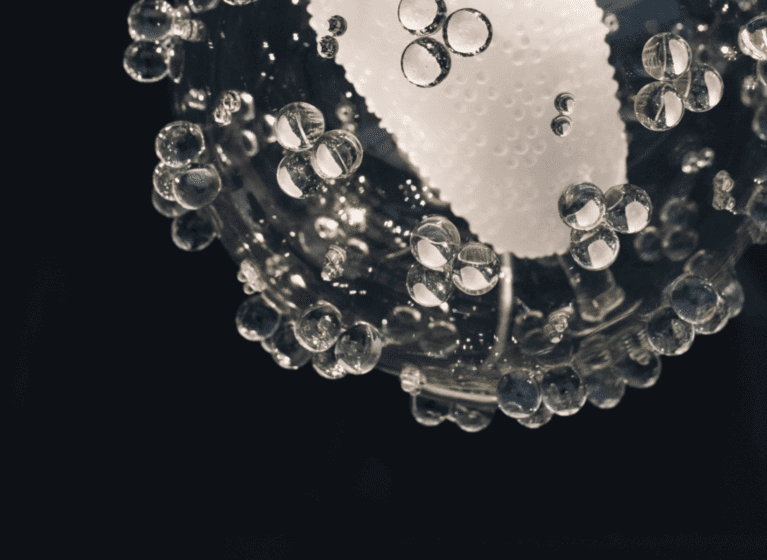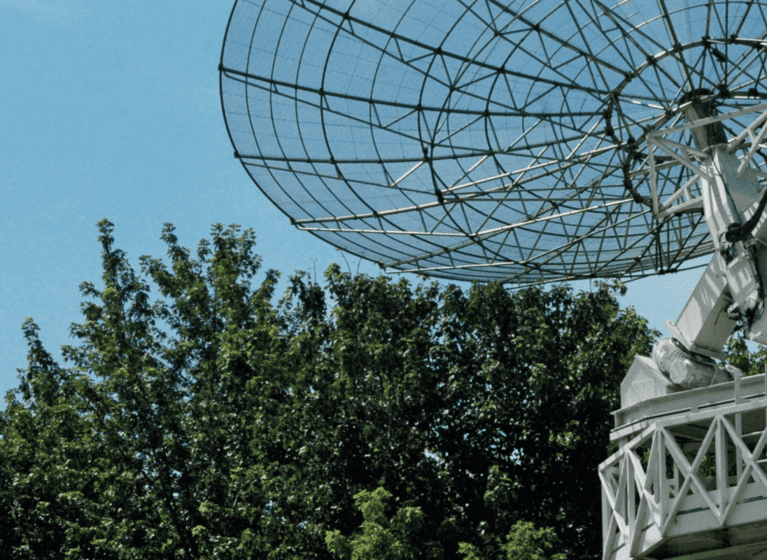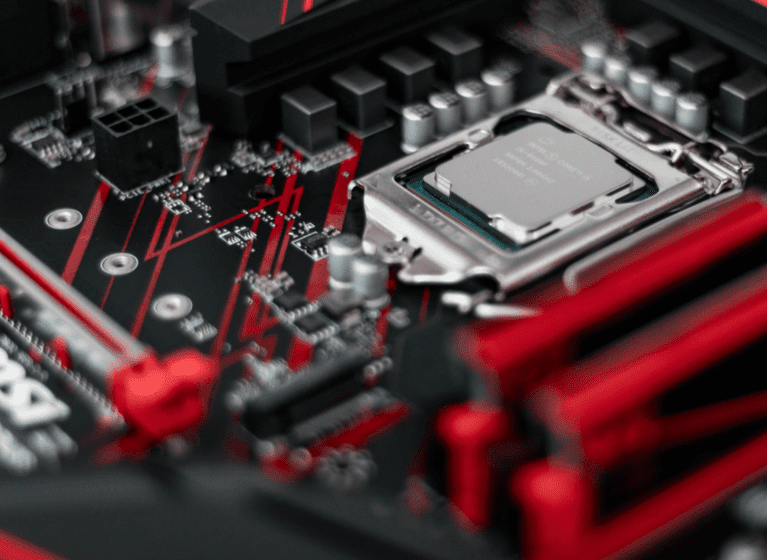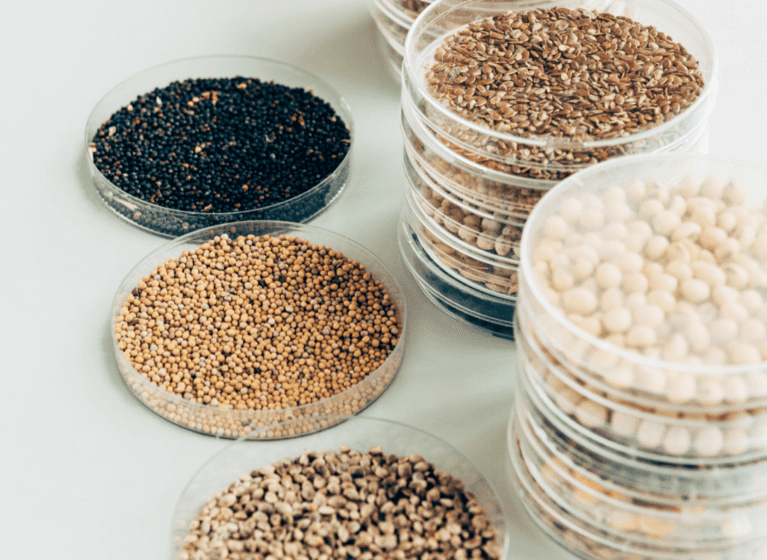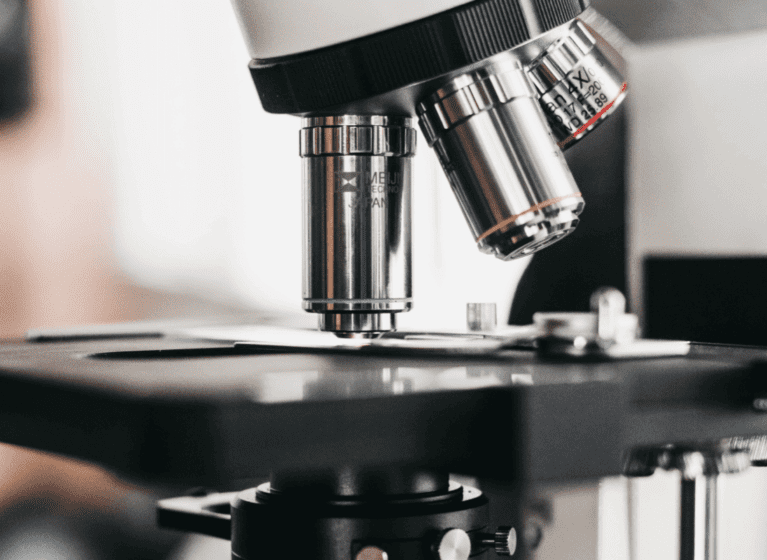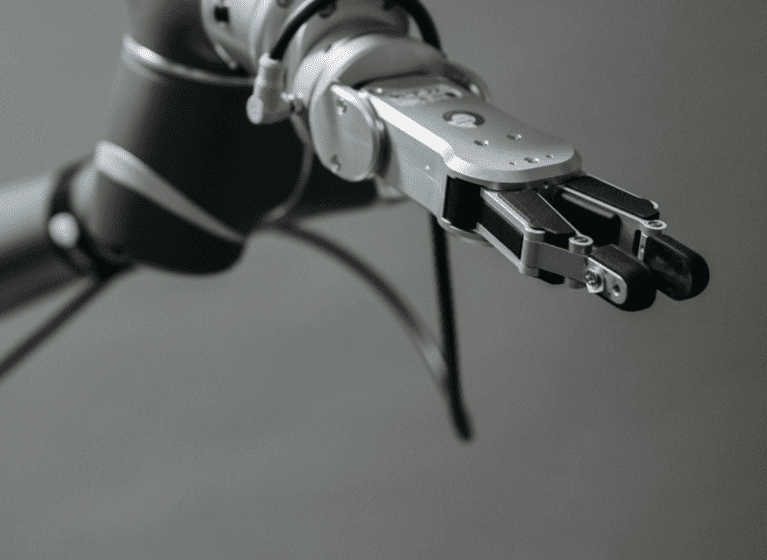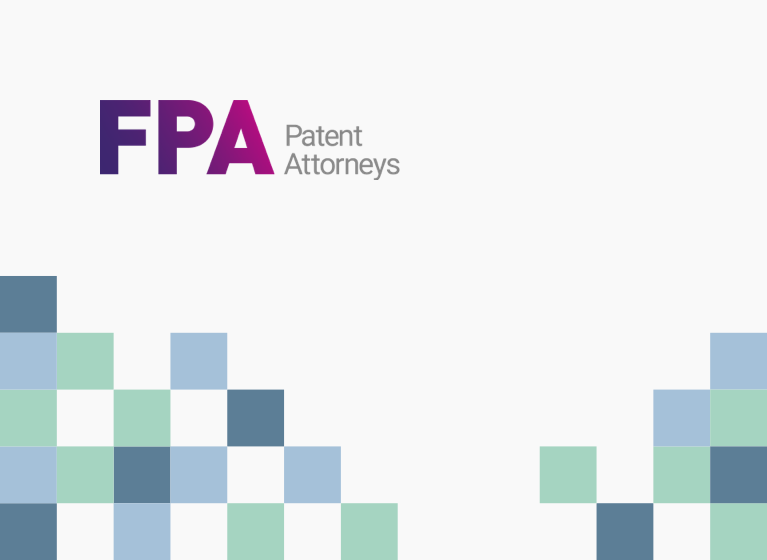In a recent opposition decision, Generic Partners Pty Ltd v Neurim Pharmaceuticals Ltd, The Australian Patent Office granted an extension of time to allow the owner of an accepted application to take advantage of the 12 month ‘grace period’, available to Australian patent applicants to avoid earlier self-publication.
Neurim, the applicant of the extension, was successful in establishing that a genuine error had occurred, namely a failure in internal communication regarding the planned invention disclosure, and that this error resulted in Neurim failing to file the patent application within the grace period.
This outcome means that a key disclosure is no longer part of the prior art base, thus significantly increasing Neurim’s chances of success in defending an opposition to the grant of the patent by Generic Partners.
The decision (which could still be appealed by the opponent) is an example of what is generally viewed as a remarkably generous regime in Australia regarding the ability of patent rights owners to obtain time extensions for a wide variety of acts.
Section 223(2) of the Australian Patents Act 1990
Under s 223(2), the Commissioner of Patents may grant a request for an extension of time to a ‘person concerned’ (for example, an applicant or patent owner), if that person can demonstrate that an error or omission has occurred that has led to the relevant act not being done within the required time. It is well established that filing a patent application is a ‘relevant act’ suitable for the grant of an extension of time under s 223(2). 1
For example, in Ashmont Holdings Limited v American Home Products and Nature Vet Pty Limited 2 the delegate reasoned that as it is not specifically excluded, an extension of time was suitably applied to the 12 month grace period deadline to file a complete patent application to avoid earlier self-publication.
It is important to note that, unlike some overseas jurisdictions, in Australia it is not necessary to show that the deadline was missed despite due care.
The Commissioner (in the person of the Patent Office delegate responsible for the opposition) has significant discretion with regard to granting such extensions, with factors to be taken into consideration including any delays in the filing of the extension application, the interests of the parties involved and the interest of the public. Importantly, in this case, when weighing these factors the delegate considered that s 223 is intended to have a ‘generally beneficial nature’ in favour of the applicant. 3
Background of the matter
Neurim Pharmaceuticals filed a PCT application on 29 November 2016 relating to Melatonin mini-tablets and a method of manufacturing the same, the PCT application claiming priority to a US application filed only a month earlier. The PCT application subsequently entered into the national phase in Australia.
Prior to filing the application, a pharmacokinetic study was completed on the subject matter of the future application by a third party, the Centre for Human Drug Research, who were engaged to conduct the study in confidence. The Centre for Human Drug Research then disclosed this subject matter, without Neurim’s consent, by electronically publishing a thesis disclosing the study on 15 April 2015, over 19 months before the PCT filing date.
Around the time of the disclosure, an employee of Neurim became aware of the publication and took steps to remove the relevant chapter of the thesis from the planned publication. Unfortunately these steps were not sufficient to prevent the salient content from proceeding to publication. This employee was not involved in managing the intellectual property of Neurim and did not communicate the knowledge of the disclosure to the person within the company who did hold this responsibility.
In due course the Australian application was accepted, and Generic Partners filed an opposition to the grant of the patent under s 59 of the Patents Act, citing a chapter of the published thesis as a key part of the prior art basis for the opposition.
Neurim subsequently filed a request for an extension of time, in an effort to extend the end of the 12 month grace period by 8 months, thus to embrace the actual filing date. Unsurprisingly, Generic Partners opposed the grant of the extension, leading to the current decision.
Decision and reasoning
Despite a wide range of objections raised and forcefully argued by Generic Partners, the delegate in charge found that an error had indeed occurred when the Neurim employee did not communicate to the responsible person the knowledge of the disclosure. Further, Neurim was able to successfully demonstrate the required causation, i.e. that this error led to the application not being filed before the end of the 12 month grace period.
The case for granting the extension being made out, the delegate exercised their discretion to grant the extension, despite considering the interests of the parties to be equally balanced and the interest of the public to be marginally against granting the extension. The ‘generally beneficial nature’ of the s 223 provision appears to have influenced the delegate in favour of the applicant.
The decision did highlight an interesting peculiarity implicit in such cases. Generic Partners argued that Neurim was relying on revisionist history, postulating that the fact that the applicant was arguing in the s59 opposition that the particular thesis disclosure did not anticipate or render the patent obvious could be seen to suggest that the application had expressly not been filed earlier in order to enjoy a later expiry of patent term. On this point, the delegate was not persuaded, commenting that “like ghosts in general, there is no evidence of this one’s actual existence, other than the enthusiastic, if genuinely held, speculation of those who believe in them”. 4
Outcome and lessons
In the present case, obtaining the extension of time is potentially critical to Neurim’s position, as it effectively removes a prime prior citation from the ongoing opposition proceedings.
The stakes remain high in this battle between pharmaceutical competitors, and we would not be surprised to see Generic Partners lodging an appeal to the time extension decision to the Australian Federal Court (the deadline for which is 4 February 2022).
This decision further underlines a particular (and generally popular) idiosyncrasy of Australian patent law, namely a very generous trend towards the grant of extensions of time to patent owners – provided they are able to meet the stipulated thresholds. To further illustrate this trend and to demonstrate that the s 223 provisions are available also to those challenging patent rights held by others, in the past the Patent Office has granted an extension for a missed opposition deadline due to an erroneous opinion that an application would not achieve acceptance. For more on this, please see our previous article.
If you have any questions regarding this topic, or how seeking an extension of time may assist you or your clients, please contact our team.
1 Ibid at [26].
2 Ashmont Holdings Limited v American Home Products and Nature Vet Pty Limited [2002] APO 24 at [22].
3 Generic Partners (n 1) at [23] and [170].
4 Ibid at [117].



